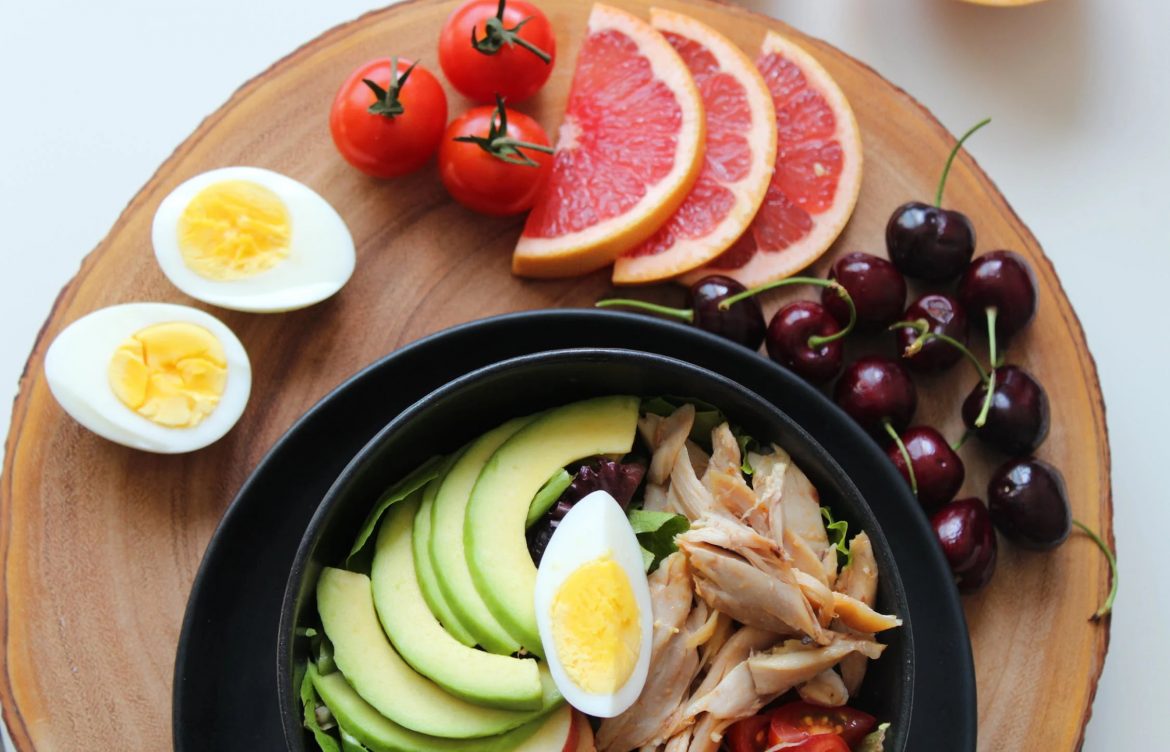
Fueling Your Fitness Journey: A Guide to Healthy Food Choices
Embarking on a fitness journey goes hand in hand with making mindful choices in the kitchen. The saying “you are what you eat” holds true, especially when it comes to achieving your fitness goals. In this blog, we’ll explore the importance of incorporating healthy, nutrient-dense foods into your diet to optimize your fitness and overall well-being.
- The Foundation: Nutrient-Dense Whole Foods: To fuel your body for fitness, focus on consuming nutrient-dense whole foods. These include fruits, vegetables, lean proteins, whole grains, and healthy fats. These foods provide a rich source of vitamins, minerals, antioxidants, and essential nutrients that support overall health and performance.
- Balanced Macronutrients: A well-rounded diet consists of three primary macronutrients: carbohydrates, proteins, and fats. Carbohydrates are essential for energy, proteins aid in muscle repair and growth, and healthy fats support various bodily functions. Strive for a balance that suits your individual needs and activity level.
- Pre-Workout Fuel: Eating the right foods before a workout is crucial for sustained energy. Opt for a combination of complex carbohydrates and lean proteins. Examples include a banana with almond butter, Greek yogurt with berries, or whole-grain toast with avocado.
- Hydration Matters: Staying well-hydrated is fundamental to any fitness routine. Water plays a crucial role in regulating body temperature, transporting nutrients, and supporting overall performance. Aim to drink an adequate amount of water throughout the day, and consider consuming a balanced electrolyte drink for intense workouts.
- Post-Workout Recovery: After a workout, prioritize replenishing glycogen stores and promoting muscle recovery. A combination of protein and carbohydrates is ideal for post-workout nutrition. Consider options like a protein smoothie with fruits, chocolate milk, or a chicken and sweet potato bowl.
- Lean Proteins for Muscle Building: Protein is the building block of muscles, making it an essential component of any fitness-oriented diet. Include lean protein sources such as chicken, fish, tofu, beans, and low-fat dairy to support muscle development and repair.
- Colorful Fruits and Vegetables: The vibrant colors of fruits and vegetables indicate a rich array of vitamins, minerals, and antioxidants. Incorporate a variety of colors into your meals to ensure a diverse range of nutrients, supporting overall health and recovery.
- Mindful Eating and Portion Control: Pay attention to portion sizes and practice mindful eating. Eating slowly and savoring each bite can help prevent overeating. Listen to your body’s hunger and fullness cues, and avoid distractions like screens during meals.
- Whole Grains for Sustained Energy: Whole grains provide complex carbohydrates that release energy slowly, providing a sustained fuel source for your workouts. Choose options like quinoa, brown rice, oats, and whole wheat to support endurance and energy levels.
- Healthy Fats for Brain and Hormone Function: Incorporate sources of healthy fats such as avocados, nuts, seeds, and olive oil. These fats play a crucial role in supporting brain function, hormone production, and overall well-being.
Conclusion: Achieving fitness goals involves a holistic approach that includes not only physical activity but also thoughtful consideration of the foods you consume. By embracing a diet rich in nutrient-dense whole foods, balanced macronutrients, and mindful eating practices, you’re not just nourishing your body; you’re fueling your journey towards a healthier, fitter you. Remember, sustainable fitness is a lifestyle, and the choices you make in the kitchen play a pivotal role in that journey.